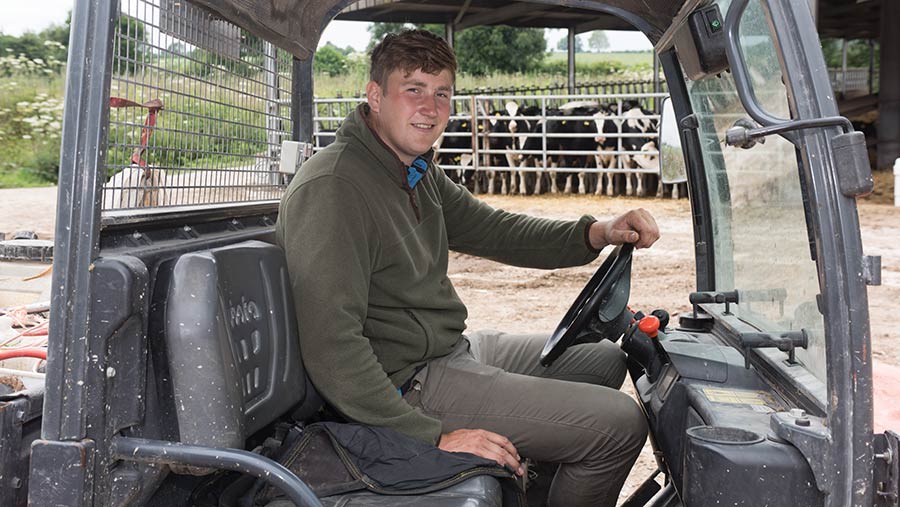Farmer Focus: The SFI seems a bit like ‘hush money’
 © Hugh Nutt
© Hugh Nutt The countdown to harvest begins as I have sprayed off the OSR, this means I can no longer put off preparing the grain stores.
The last of the previous year’s wheat which is being caustic treated for feed is having to be moved out of the old bins. Thankfully, this is the last year we will use the old wooden flat bottom bins.
It will be a happy farewell. They have been a constant pain. Not only the shovelling, but keeping them free of bugs, vermin and moisture is tricky and adds further complication.
See also: Oilseed rape beats winter barley to the combine
We are updating an older barn for grain storage. The issue will come in the winter when we remove the current bins and find out whether they are integral to the barn’s structure. I am hoping not.
New SFI options
While planning next year’s cropping, I have been looking at the new Sustainable Farming Incentive (SFI) payments, which seem to give us some viable options.
The offers seem to suit a mixed farming system well, with strong opportunities for grassland.
Clover in grass leys is something we already do, so a payment for this will be a welcome addition.
Compensation for herbal leys is an attractive offer and makes it very viable. My hope is that a more drought-tolerant herbal ley will spread my grazing period and fill the hungry gap in the summer.
On the arable choices, the simplicity of the SFI means that where maize is grown off farm, cover cropping can offer more benefits to the landowner.
There is also the potential for planting a companion crop and not using insecticides to help make maize more attractive.
I think overall the SFI marks a positive step forward with a system that works for farmers and not just landowners.
That said, there is a part of me that still feels uncomfortable taking government money for these things.
It does seem like hush money, and by taking it I can’t help feeling as a farmer, I am in some way accepting blame for the country’s environmental struggles.


